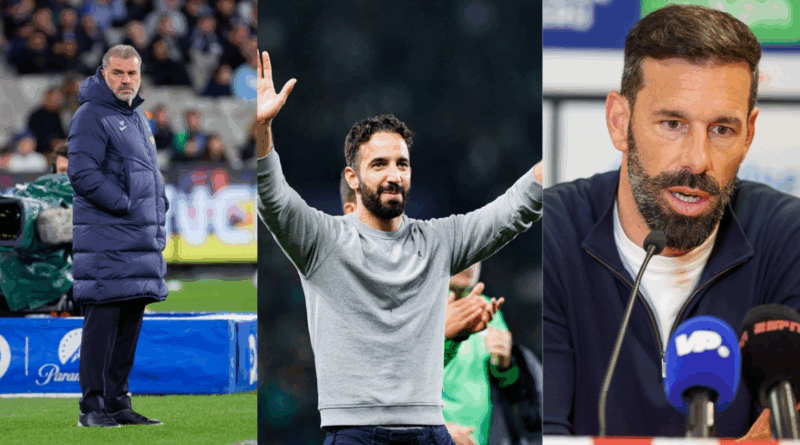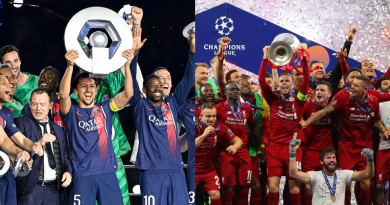Before They Were Bosses: Premier League Manager’s Positions as Players
The current Premier League managers had diverse playing careers before stepping into coaching. While some were top-level professionals, others had modest careers or never played at the highest level. Here's a look at where each manager operated on the pitch.
Thomas Frank – N/A

Unlike most of his colleagues, Thomas Frank never played professional football. Instead, he transitioned directly into coaching, gaining experience at youth levels before making a name for himself as a head coach. His tactical understanding comes purely from coaching rather than playing experience.
Nuno Espírito Santo – Goalkeeper (GK)

Before becoming a coach, Nuno Espírito Santo was a goalkeeper. He played for clubs like Porto and had spells in Spain and Russia. His experience as a shot-stopper likely shaped his defensive-minded coaching philosophy.
Andoni Iraola – Right Back (RB)
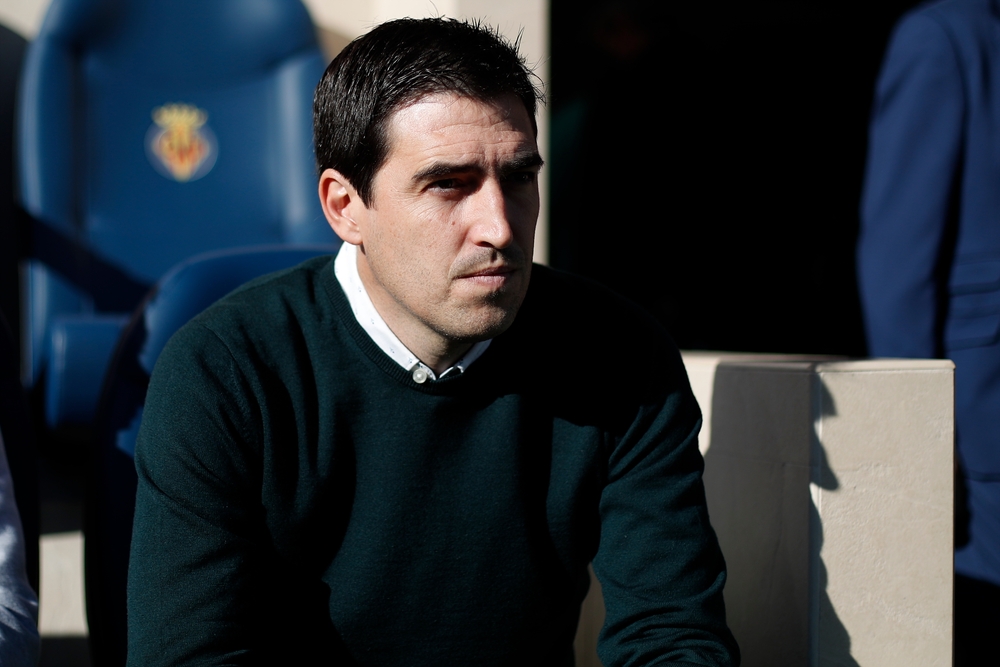
Iraola was a consistent and intelligent right back, spending most of his playing career at Athletic Bilbao. He was known for his ability to contribute both defensively and offensively, which influences his current coaching style.
Read also: The 20 Oldest Goalscorers in Champions League History
Marco Silva – Right Back (RB)
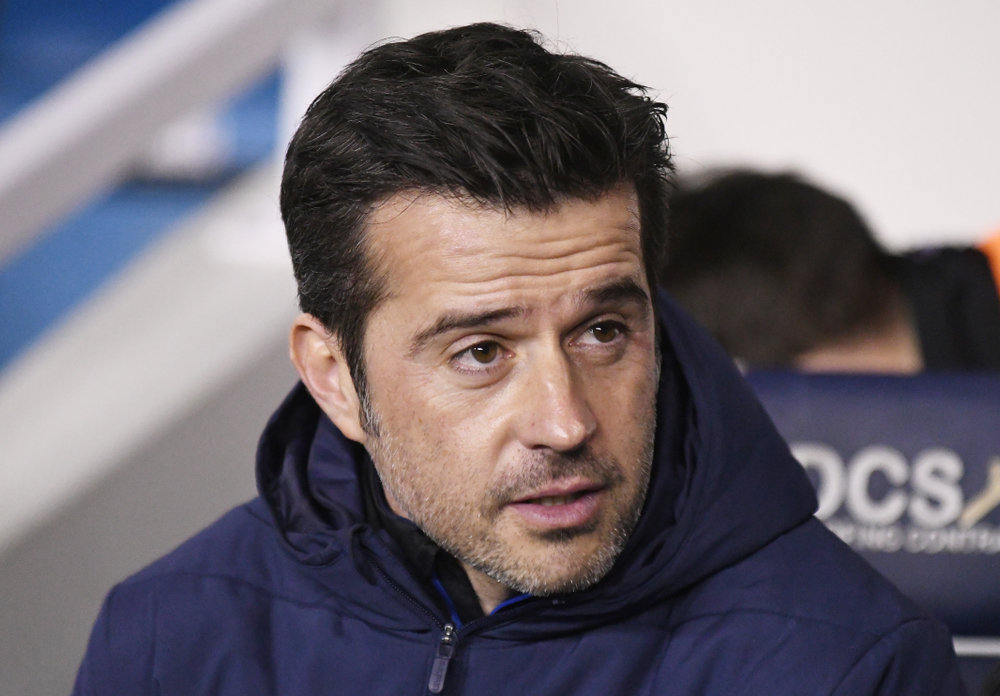
Silva also played as a right back, though his career was not as high-profile. He played mainly in Portugal’s lower leagues before transitioning to coaching. His tactical knowledge has allowed him to thrive as a manager despite a modest playing career.
Ange Postecoglou – Right Back (RB)
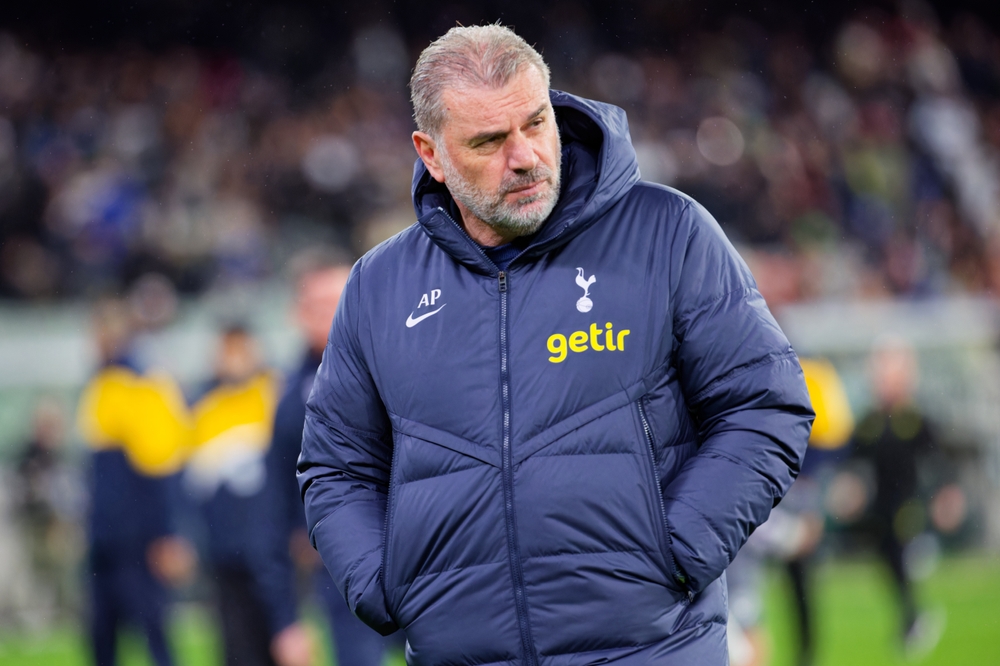
The Australian manager played as a right back, mainly in the Australian league with South Melbourne. Injuries cut his career short, pushing him into coaching early. His teams today reflect the attacking philosophy he developed after his playing days.
David Moyes – Center Back (CB)
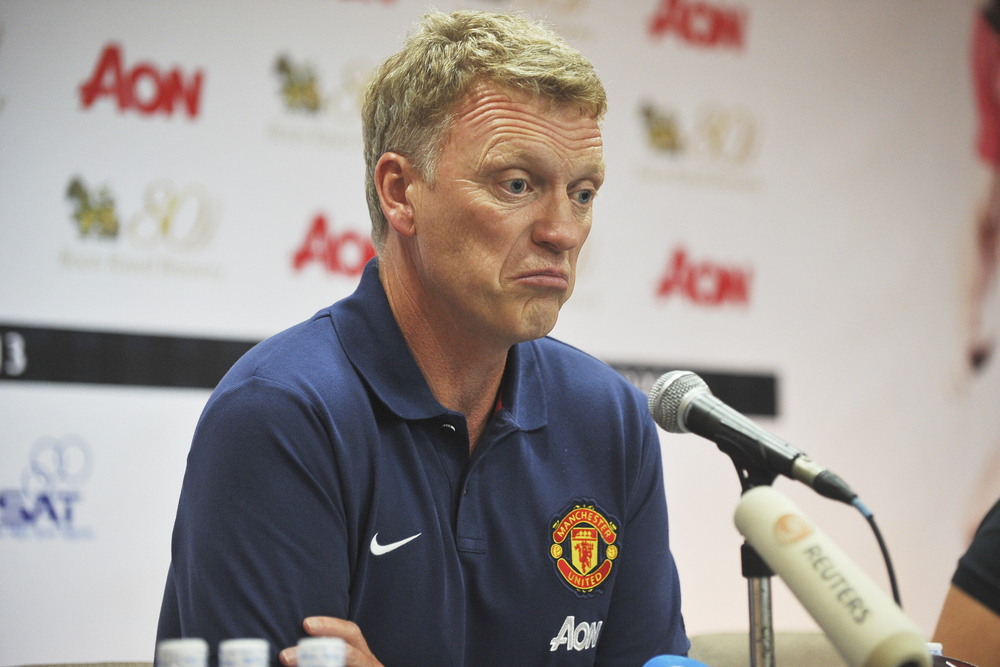
Moyes was a tough and disciplined center back who played in Scotland and England. His no-nonsense defensive approach as a player has carried over into his managerial style, often prioritizing structure and discipline.
Oliver Glasner – Center Back (CB)
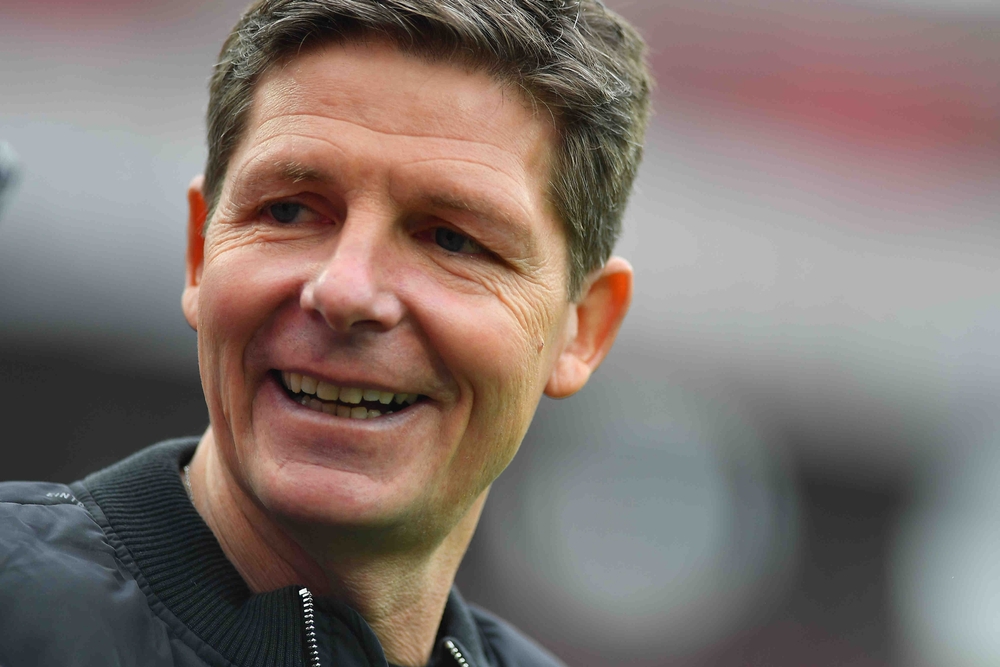
Glasner was a center back during his playing career, spending most of his time in Austria with SV Ried. He was known for his disciplined and intelligent defensive play. His analytical mindset on the pitch has carried over into his coaching, where he prioritizes defensive organization and tactical adaptability.
Read also: The 30 Best Football Teams in the World Right Now, Ranked by Opta
Eddie Howe – Center Back (CB)
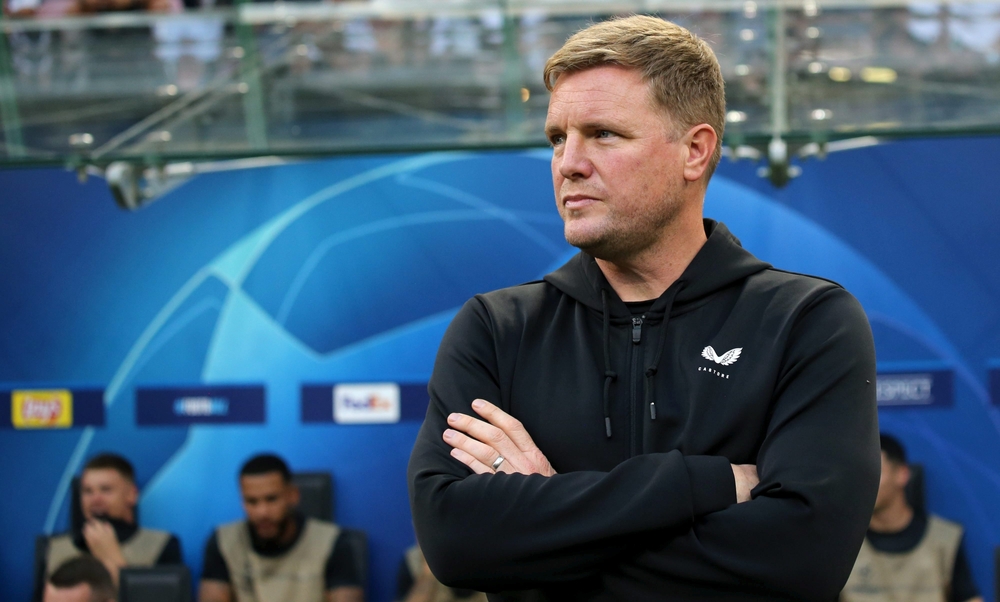
Howe was a talented center back for Bournemouth, where he later became a legendary manager. Injuries forced him into early retirement, but his coaching career has more than made up for his shortened playing career.
Graham Potter – Left Back (LB)
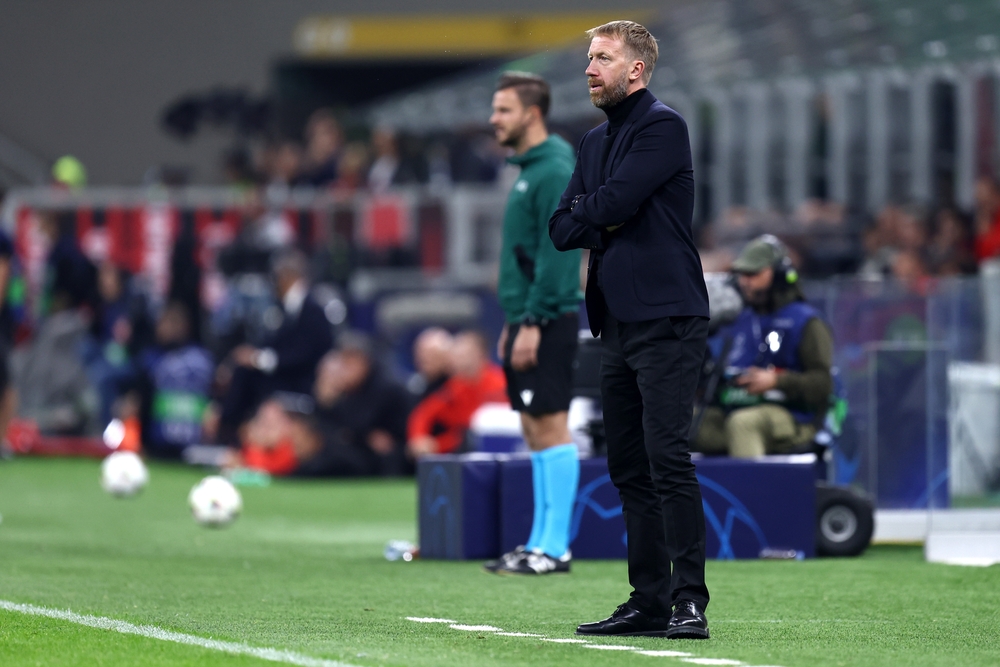
Potter played as a left back in England’s lower divisions before transitioning into coaching. His playing style wasn’t flashy, but his coaching career has shown his ability to develop modern, possession-based football.
Pep Guardiola – Defensive Midfielder (CDM)
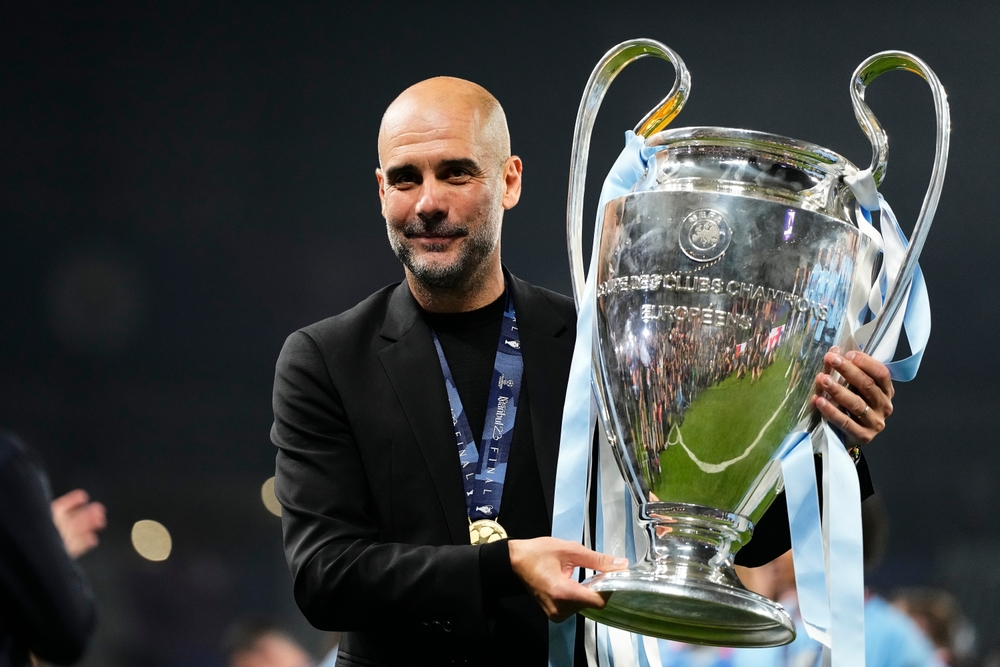
Guardiola was a world-class defensive midfielder, best known for his time at Barcelona. He played under Johan Cruyff and became a key figure in the club’s "Total Football" approach. His deep understanding of the game from midfield now defines his coaching philosophy.
Fabian Hürzeler – Defensive Midfielder (CDM)

Hürzeler was a defensive midfielder in Germany but never played at the highest professional level. His career as a player was short-lived, leading him to transition into coaching at a young age. His analytical approach and deep tactical understanding have helped him become one of the most promising young coaches in football.
Read also: How 27 Ballon d'Or Legends Voted for the 2025 Kopa Trophy
Mikel Arteta – Central Midfielder (CM)
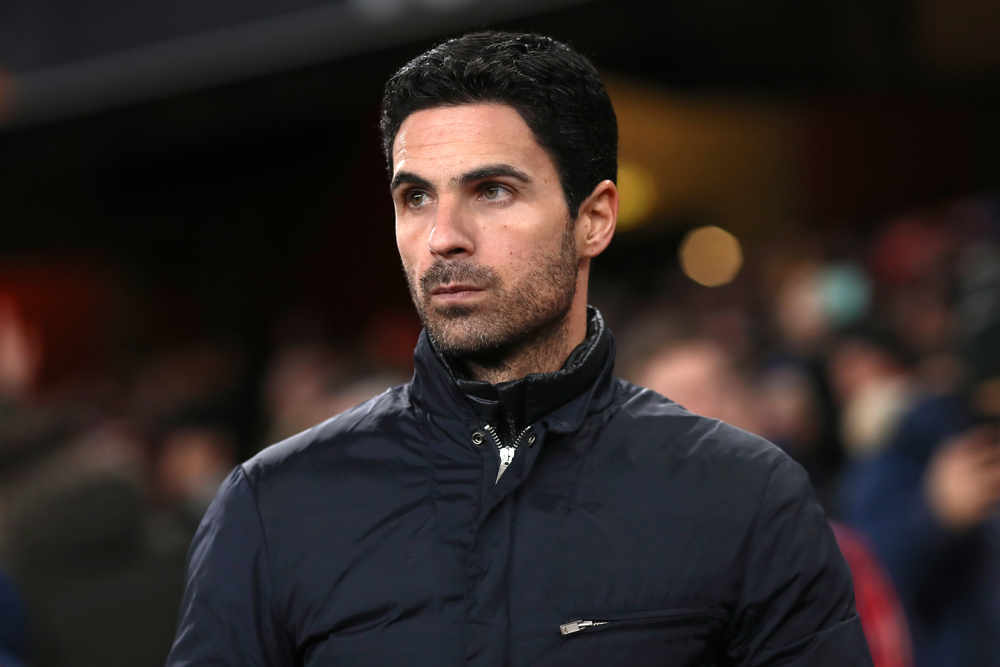
Arteta was a composed and technically gifted central midfielder, playing for clubs like PSG, Rangers, Everton, and Arsenal. His intelligence on the ball is reflected in his coaching, where he emphasizes structured build-up play and positional discipline.
Rúben Amorim – Central Midfielder (CM)
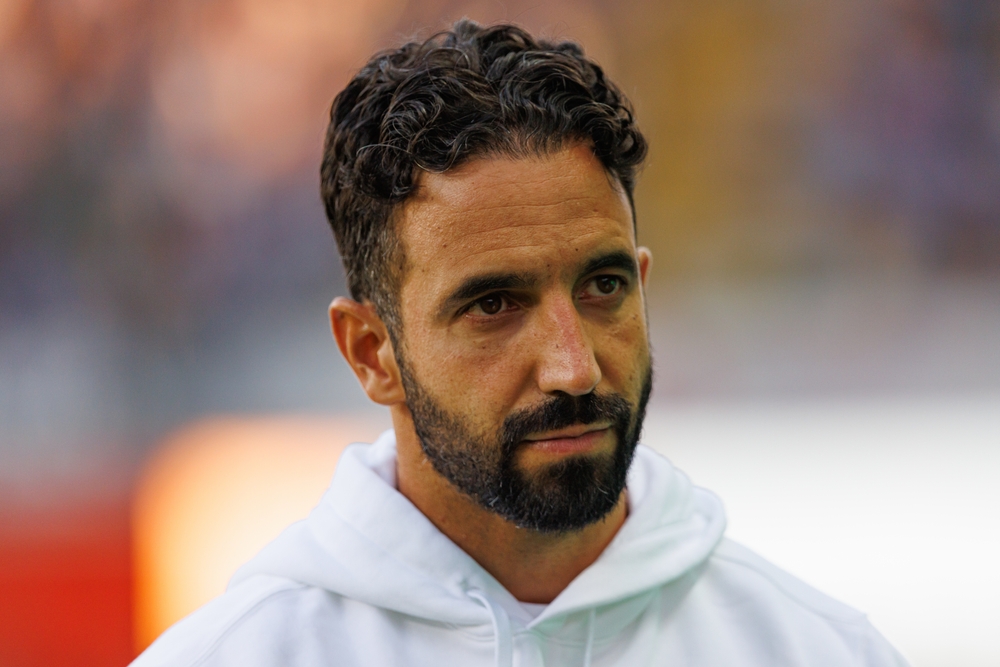
Amorim played in Portugal as a central midfielder, known for his tactical awareness and versatility. His playing career was solid, and he has quickly risen through the managerial ranks with an attacking style.
Igor Jurić – Central Midfielder (CM)
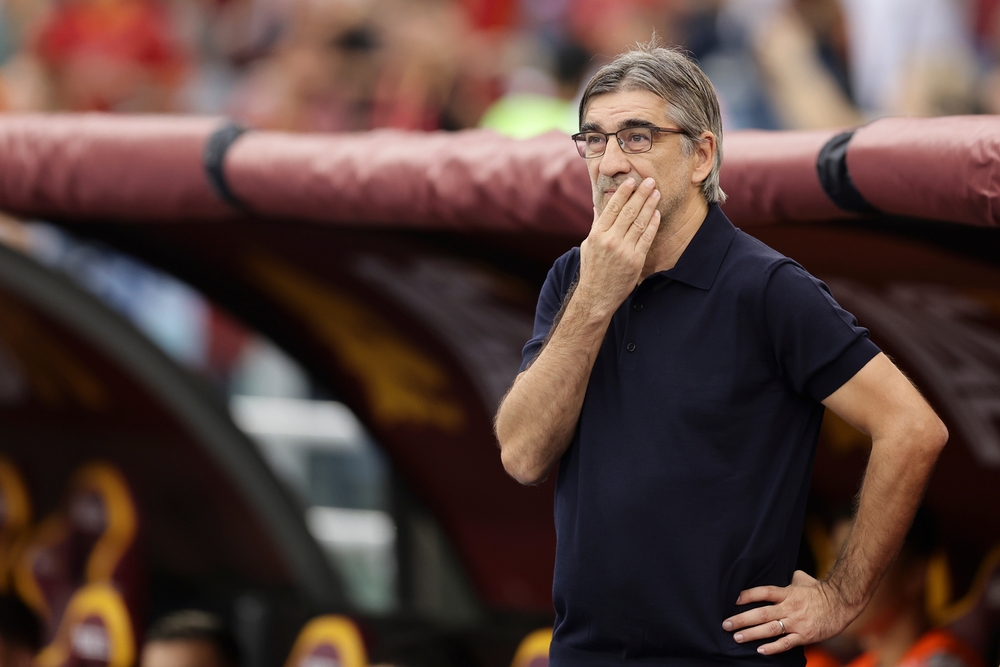
Jurić played as a central midfielder, focusing on ball control and distribution. While not a star player, his experience in midfield helped shape his understanding of tempo and transitions in football.
Kieran McKenna – Central Midfielder (CM)
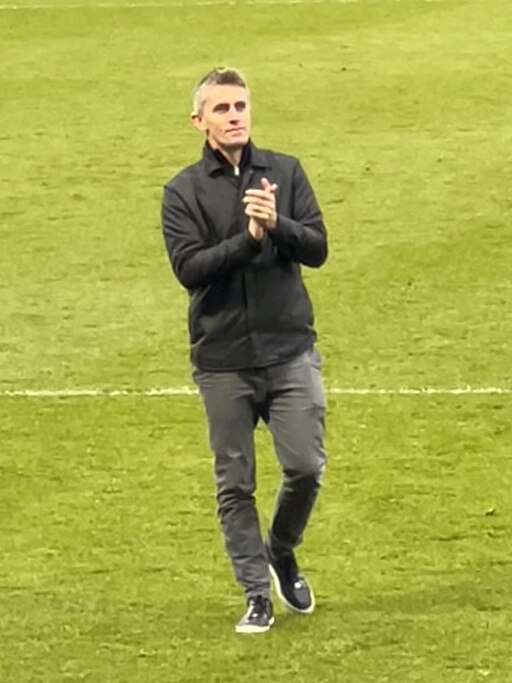
McKenna’s playing career was cut short by injury, but he was a promising central midfielder. His early transition to coaching allowed him to develop a strong tactical foundation, which he now applies as a manager.
Read also: The 100 Best Clubs in Europe - Ranked From lowest to Highest
Enzo Maresca – Central Midfielder (CM)
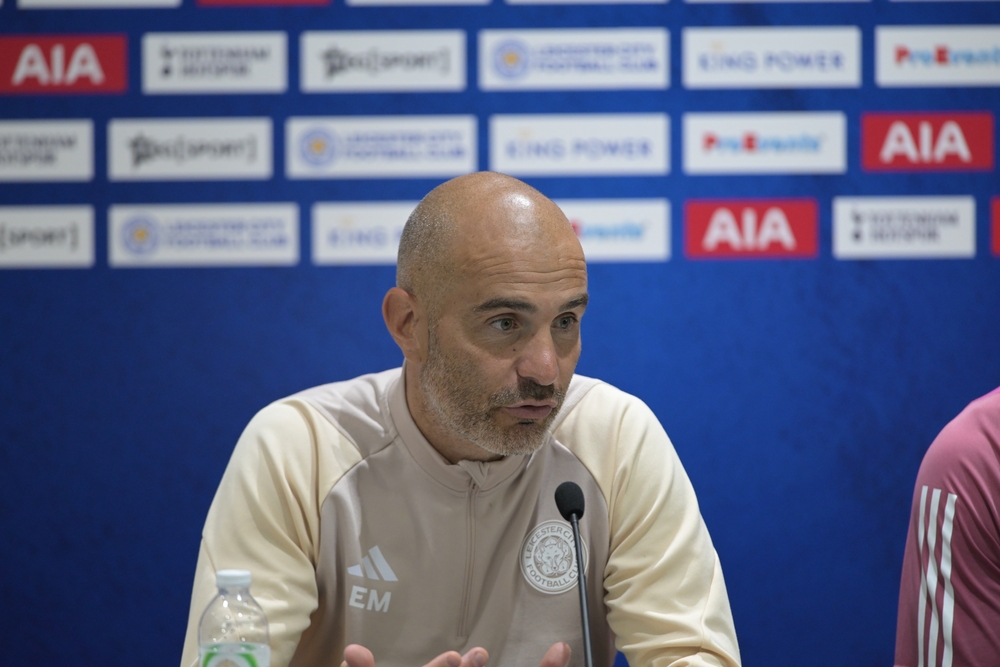
Maresca had a successful career as a central midfielder, playing for clubs like Juventus, Sevilla, and Malaga. His technical ability and tactical understanding have influenced his coaching approach.
Arne Slot – Attacking Midfielder (CAM)
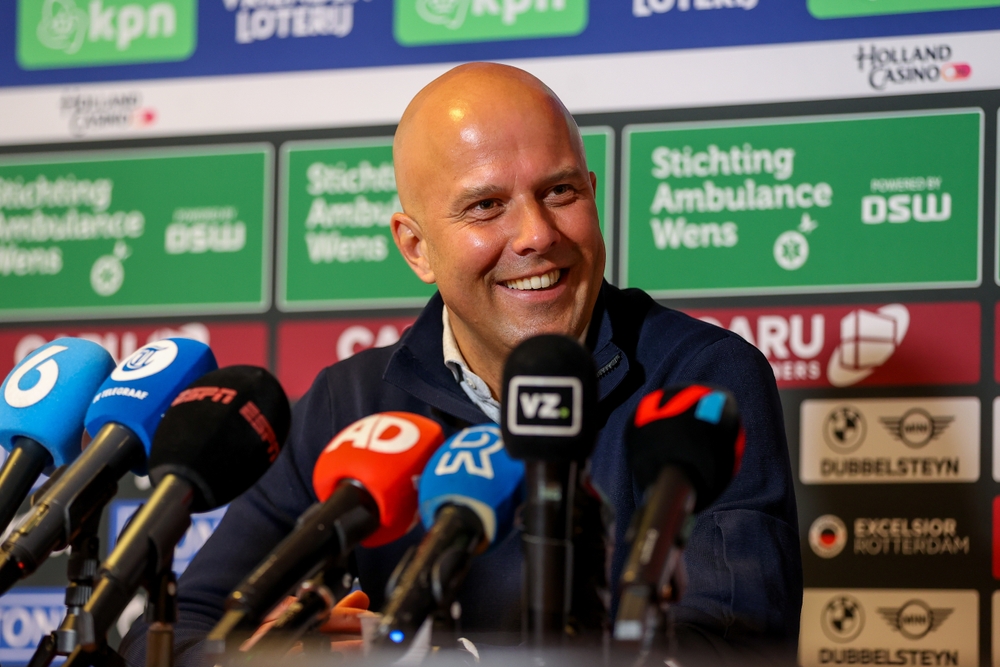
Slot was an intelligent attacking midfielder in the Dutch leagues, known for his vision and creativity. His coaching philosophy mirrors his playing style, focusing on fluid attacking movements.
Vítor Pereira – Attacking Midfielder (CAM)
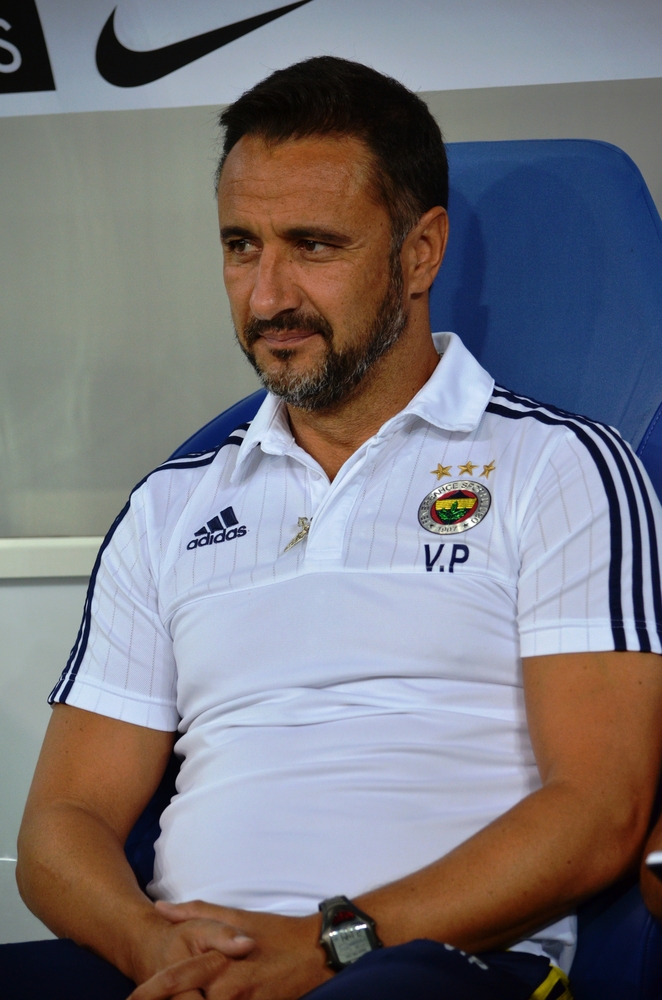
Pereira was an attacking midfielder, though he never reached the top European leagues. His coaching career has been defined by an emphasis on attacking play and tactical flexibility.
Unai Emery – Left Midfielder (LM)
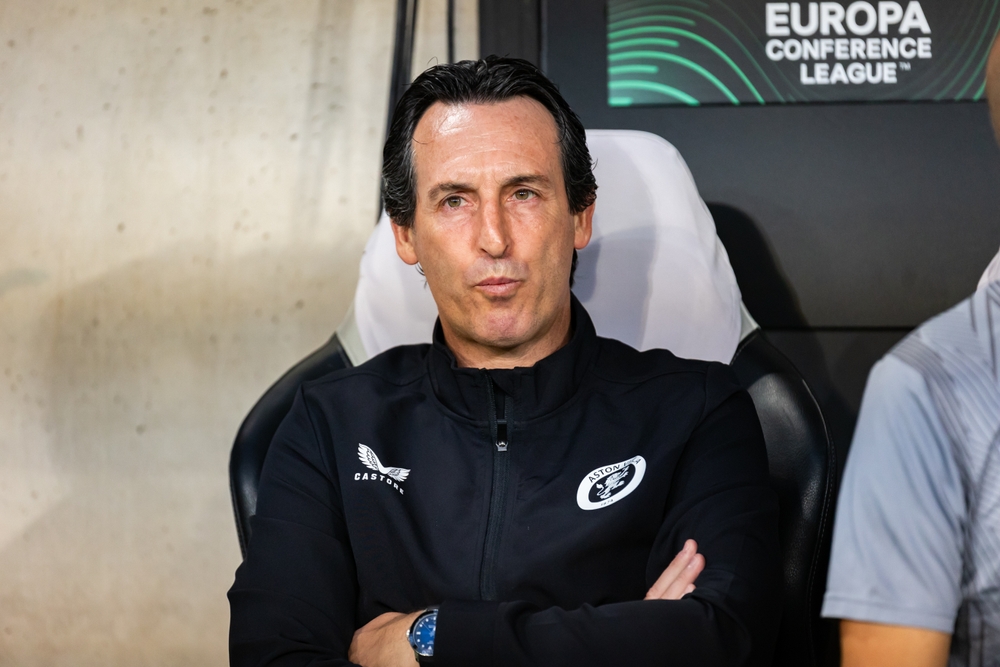
Emery played as a left midfielder in Spain’s lower leagues. His playing career was not remarkable, but his tactical mind made him a standout coach, leading multiple teams to success in Europe.
Read also: AI Predicts the 2025–26 Football Season
Ruud van Nistelrooy – Striker (ST)
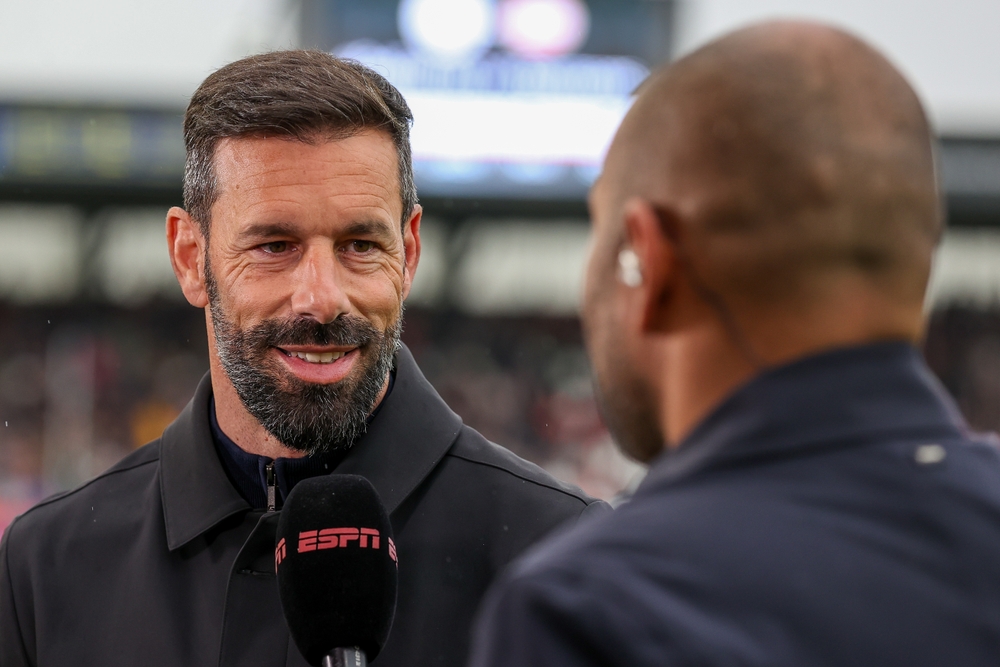
One of the most prolific strikers of his generation, Van Nistelrooy was known for his clinical finishing at clubs like PSV, Manchester United, and Real Madrid. His playing experience as a forward has given him a strong understanding of attacking play as a coach.

